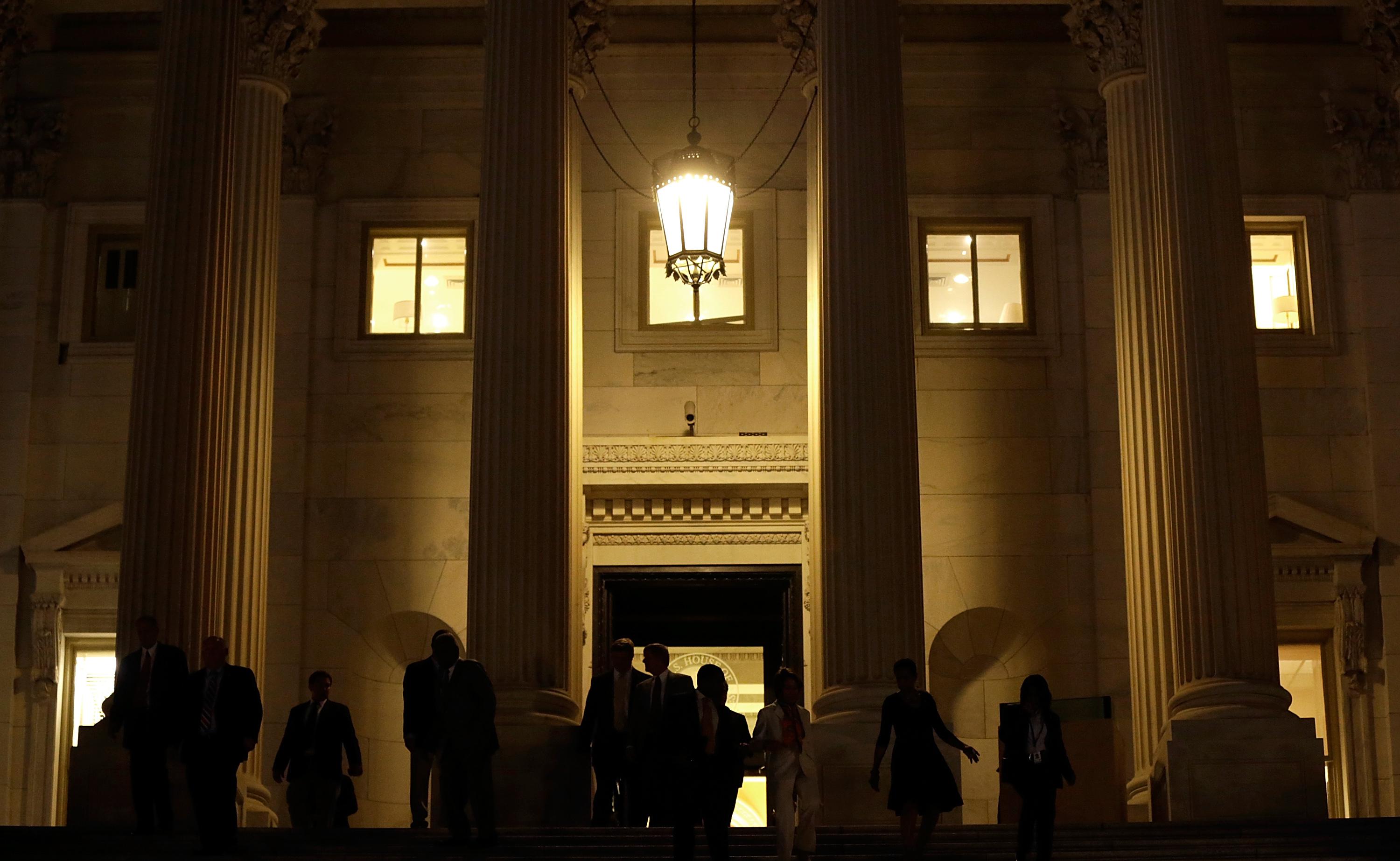With the government shut down today, hundreds of thousands of “nonessential” federal employees are furloughed. They’re not being paid and they’re not working. But what’s more, they’re not allowed to work. Not even a little.
You can’t tweet from your federal agency Twitter account, you can’t come into the office to catch up on some overdue paperwork, and technically speaking you’re not even supposed to check your email. If you really strongly believe in your agency’s mission and don’t happen to have anything better to do today, you can’t volunteer to work for free. You must stay home.
The reason is the Anti-Deficiency Act of 1884 as interpreted by the Justice Department of the late Carter years, with subsequent refinements by OMB and other relevant agencies. The basic logic of the Anti-Deficiency Act is to say that executive branch officials are not allowed to undertake actions that create financial obligations for the federal government that they have not received congressional funding for. The Navy, in other words, can’t order up a bunch of ships and then when the bill comes due tell Congress that it needs to appropriate the money to pay for the ships lest the entire creditworthiness of the American military collapse.
Prevailing doctrine didn’t always hold that the Anti-Deficiency Act applies in this way. Back in the 1970s there were a whole series of appropriations lapses driven by House/Senate disagreement about abortion. What happened then was basically what happens now with “essential” workers—people keep doing their jobs, it’s just that they don’t get paid. Then when Congress worked out its disagreement, it would also pony up the money for back pay. In a sense this made appropriations lapses “too easy,” to the Justice Department changes the interpretation and now federal workers can’t work. Unless, that is, they’re essential in which case they must work.
Read the rest of Slate’s coverage of the government shutdown.
